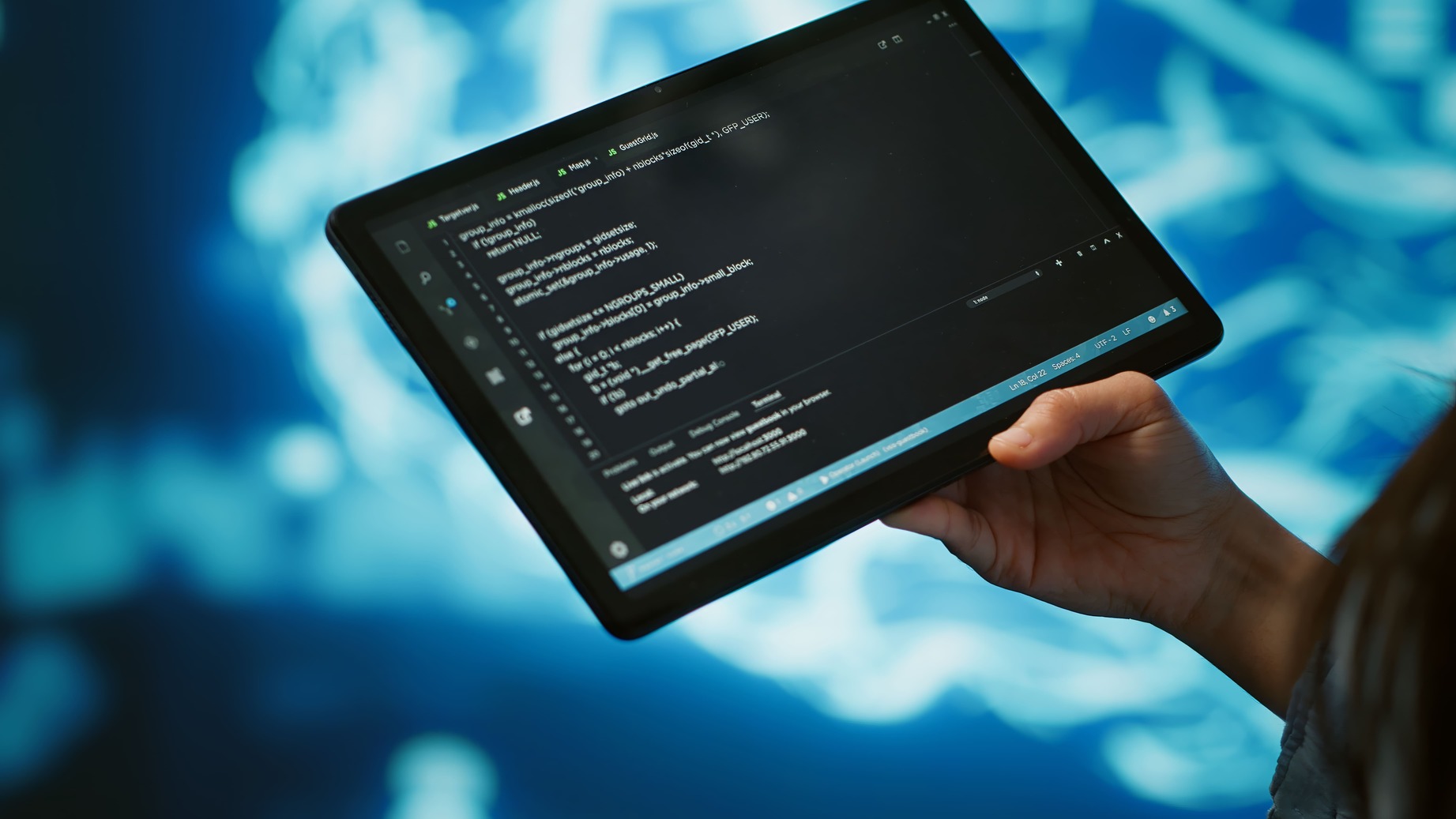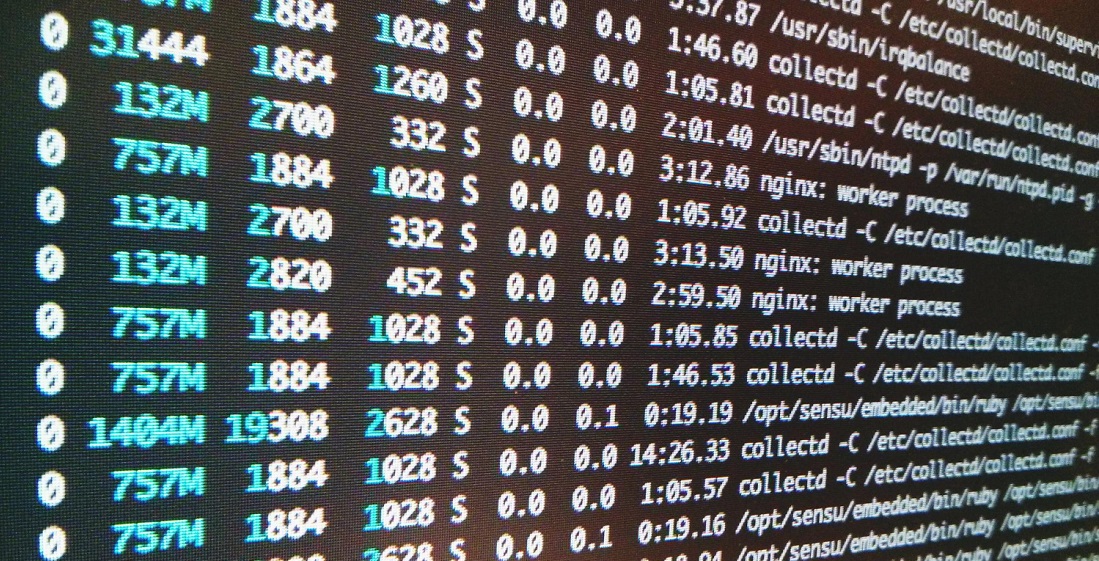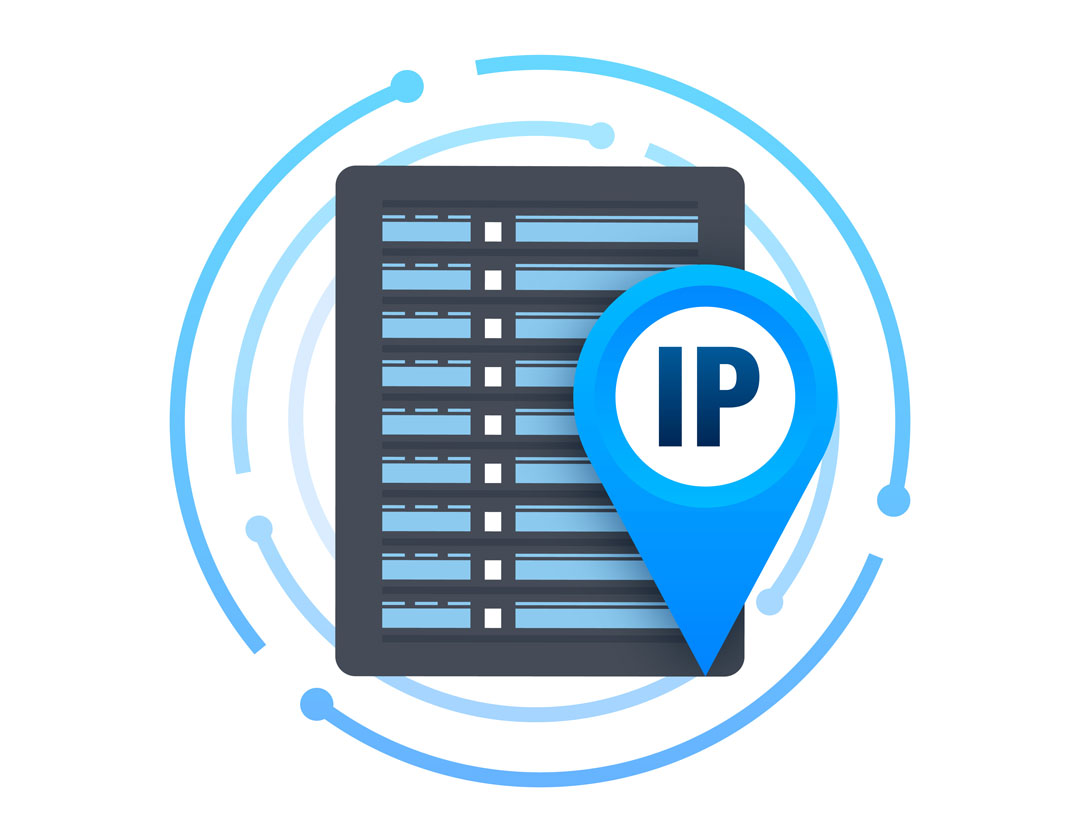What Are Proxy Logs?
A proxy log is a record of the activities and requests handled or processed by a proxy server. Many times, when using a proxy server to route your internet traffic, it logs various details such as:
- Timestamps: When the request was made.
- User IP Address: Your original IP address before being routed through the proxy.
- Request Details: URLs or services you accessed via the proxy.
- Server Response: Status codes, response times, or errors from the target server.
Proxy logs can serve various purposes starting from troubleshooting connection issues to monitoring usage patterns. However, they also raise questions about privacy, especially when sensitive data is involved.
Types of Proxy Logs
Proxy logs can vary based on the type of proxy and its intended use. Here are the most common types:
- Access Logs
Access logs track user activities, such as visited websites, requested resources, and corresponding IP addresses. These logs are often used to monitor usage or enforce compliance. - Error Logs
Error logs record issues encountered by the proxy server, such as failed connections or invalid requests. These logs are helpful for debugging and maintaining server health. - Connection Logs
Connection logs record detaled info about the connections made through the proxy, such as source and destination IPs, ports, and duration. They are often used for performance monitoring or troubleshooting.
Why Do Proxy Servers Keep Logs?
Proxy logs are maintained for various reasons, depending on the provider or organization using the proxy:
- Troubleshooting and Maintenance: Logs help identify and resolve issues with the proxy server, such as slow connections, failed requests, or downtime.
- Performance Monitoring: By analyzing logs, administrators can identify usage trends, optimize server performance, and balance traffic loads.
- Security and Compliance: Logs are usually kept for finding suspicious activity, enforcing usage policies, or for meeting legal obligations, such as storing logs for audits.

Security and Compliance – Proxy Logs - Improving User Experience: Logs can provide insights into user behavior and thus help providers offer better services, including faster connections or enhanced security.
Privacy Concerns with Proxy Logs
While the logs from proxies can serve legitimate purposes, they also raise some privacy concerns:
- Tracking User Activity: Logs may record sensitive information, such as the websites you visit or files you download.
- Data Retention: Some proxy providers store logs for extended periods, potentially exposing your data to breaches or misuse.
- Government Requests: Logs can be subpoenaed by authorities, especially in countries with strict data retention laws.
If privacy is a priority, choose no-log proxies or providers that explicitly state they do not store any user activity logs.
No-Log Proxies: Fact or Fiction?
Many proxy providers position themselves as “no-log proxies”, meaning they do not store logs of user activities. However, one should always check their claims:
- Transparent Policies: Look for clear privacy policies detailing their logging practices.
- Independent Audits: Reputable providers often undergo third-party audits to confirm their no-log claims.
- Trustworthy Providers: Opt for established providers with a track record of protecting user privacy.
Some popular no-log proxy providers include Smartproxy and Oxylabs, known for their privacy-focused services.
How to Choose a Proxy Provider Based on Logging Practices
When selecting a proxy provider, consider their logging practices alongside your specific needs:
- Privacy Needs: If you prioritize anonymity, choose a provider that explicitly offers no-log or minimal-log services.
- Performance and Security: In some cases, minimal logging (e.g., for troubleshooting) can improve server performance and security without compromising user privacy.
- Use Case: Casual Browsing: No-log proxies are ideal.
- Web Scraping: Providers with minimal logs and rotating IPs can help ensure seamless scraping without detection.
- Corporate Use: Logs might be necessary for compliance or monitoring internal network usage.
How to Check If a Proxy Keeps Logs

To ensure your chosen proxy service aligns with your privacy expectations, follow these steps:
- Review the Privacy Policy: Look for details about what data is logged, how long it is stored, and how it is used.
- Ask the Provider: Directly contact the provider to clarify their logging practices.
- Use Independent Reviews: Research user reviews and third-party audits to validate claims.
- Test the Service: Monitor traffic and logs to verify the provider’s claims if you have technical expertise.
The Role of Proxy Logs in Business Use Cases
Proxy logs can be useful to organizations, particularly for network management, compliance, and security in the following ways:
- Employee Monitoring: Logs will help in tracking internet usage by employees to ensure company policies are followed.
- Auditing: Logs provide a record for audits, especially in regulated industries.
- Threat Prevention: Analyzing logs will help identify and mitigate potential security threats such as unusual traffic patterns or unauthorized access.
How to Minimize Proxy Log Risks
If you’re concerned about the privacy and security risks of proxy logs, follow these best practices:
- Choose a Reputable Proxy Provider: Select providers that declare clear no-log policy and a history of prioritizing user privacy. Ask about no-log before purchasing proxies.
- Use Encrypted Connections: Check that proxy uses HTTPS and other encryption protocols to protect your data.
- Combine with a VPN: Add VPN to the proxy, that will ensure an extra layer of privacy.
- Regularly Monitor Activity: Check your network for signs of data retention or misuse.
Conclusion
Proxy logs play a very important role in the working of proxy servers, starting from performance monitoring to troubleshooting. If you are seeking anonymity and privacy you should check you proxy provider and discuss wether they keep log or not. By understanding the types and purposes of proxy logs, you can make informed decisions about choosing and using proxy services.
For any type of users from casual user to buisinesses, the goal is to balance privacy and performance with security. If privacy is the main concern, then one should opt for no-log proxy providers to reap the benefits of proxies without giving away data.



